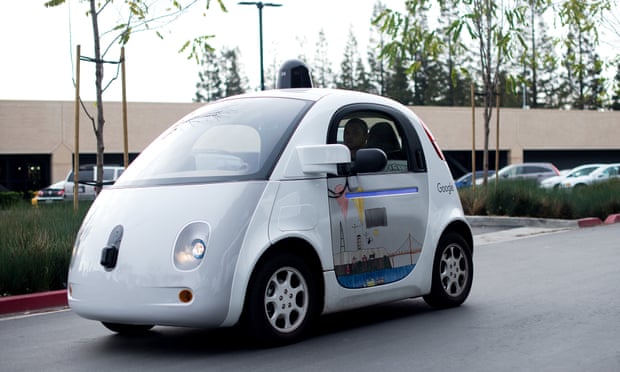A solar-powered airplane finished crossing the United States on Saturday, landing in New York City after flying over the Statue of Liberty during its historic bid to circle the globe, the project team said. The spindly, single-seat experimental aircraft, dubbed Solar Impulse 2, arrived at New York's John F. Kennedy International Airport at about 4 a.m. local time after it took off about five hours beforehand at Lehigh Valley International Airport in Pennsylvania, the team reported on the airplane's website. Such a pleasure to land in New York! For the 14th time we celebrate sustainability," said the project's co-founder Andre Borschberg on Twitter after flying over the city and the Statue of Liberty during the 14th leg of the trip around the globe. The Swiss team flying the aircraft in a campaign to build support for clean energy technologies hopes eventually to complete its circumnavigation in Abu Dhabi, where the journey began in March 2015. The solar cr...
The US National Highway Traffic Safety Administration (NHTSA) - which sets rules and regulations on America's roads - shared its thoughts in a letter to Google made public this week. Until now, any car without a human driver would not be considered roadworthy. However, in light of technological advancements, the NHTSA has changed its perspective. "If no human occupant of the vehicle can actually drive the vehicle, it is more reasonable to identify the driver as whatever (as opposed to whoever) is doing the driving," it said.
"In this instance, an item of motor vehicle equipment, the Self-Driving System, is actually driving the vehicle." It means Google's self-driving pod, which has no typical in-car controls, is one crucial step closer to being allowed on public roads. With the NHTSA's blessing, the car now fits the key criteria required to pass the Federal Motor Vehicle Safety Standards test. It's the latest regulatory boost for Google after the US government announced in January a $4bn plan to create nationwide regulations for self-driving cars.
Secretary of Transportation Anthony Foxx said the initiative would provide consistency between states. It followed an announcement by the Californian Department of Motor Vehicles (DMV) that said cars absolutely did need a driver - a ruling Google described as "perplexing".

Comments
Post a Comment